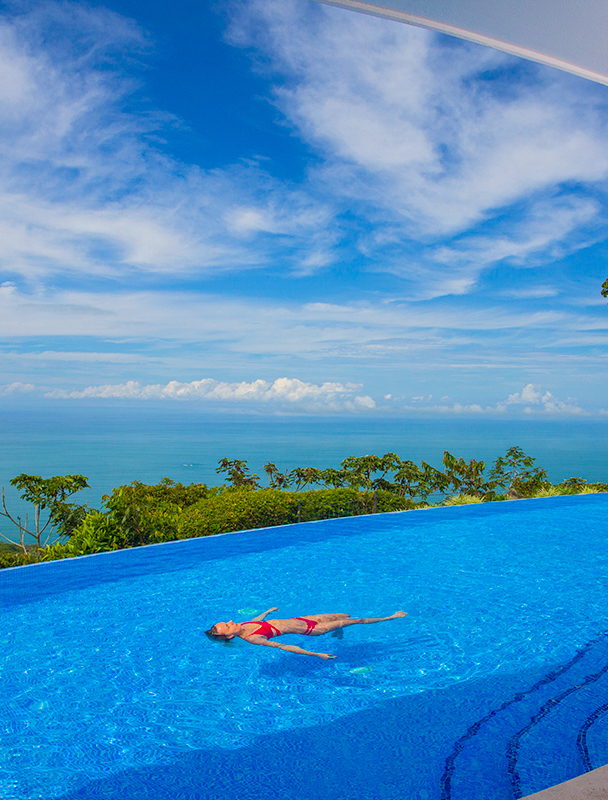15 Questions You Absolutely Must Ask Before Buying Real Estate In Costa Rica
“I have a feeling we’re not in Kansas anymore.”
It’s one of the most beloved lines from The Wizard of Oz. It’s also a statement that heeds remembering when beginning any international real estate journey – especially buying real estate in Costa Rica.
Even if you’ve visited countless times over the years, when purchasing offshore, it’s critical to ask the right questions before you consider buying real estate in Costa Rica. In fact, we would argue that the more familiar you are with a destination, the more cautious you should be. Why? Because the following is true for us all:
“We don’t know what we don’t know.”
Take a second to re-read that.
Of course we don’t know what we don’t know. How is that even possible? However, we can be open to new possibilities and realities that vary greatly from our assumptions. And that’s why, before we go into the questions you should ask before buying real estate in Costa Rica, we want to touch on an important point: Humility.
Humility is the one attribute that helps us realize “we don’t know what we don’t know”… and then gives us the ability to truly listen to the facts presented to us. It also allows us to ask others with more experience to help guide us on our journey into unknown territory—in this case, the process of buying real estate in Costa Rica, a country that’s unique from your own.
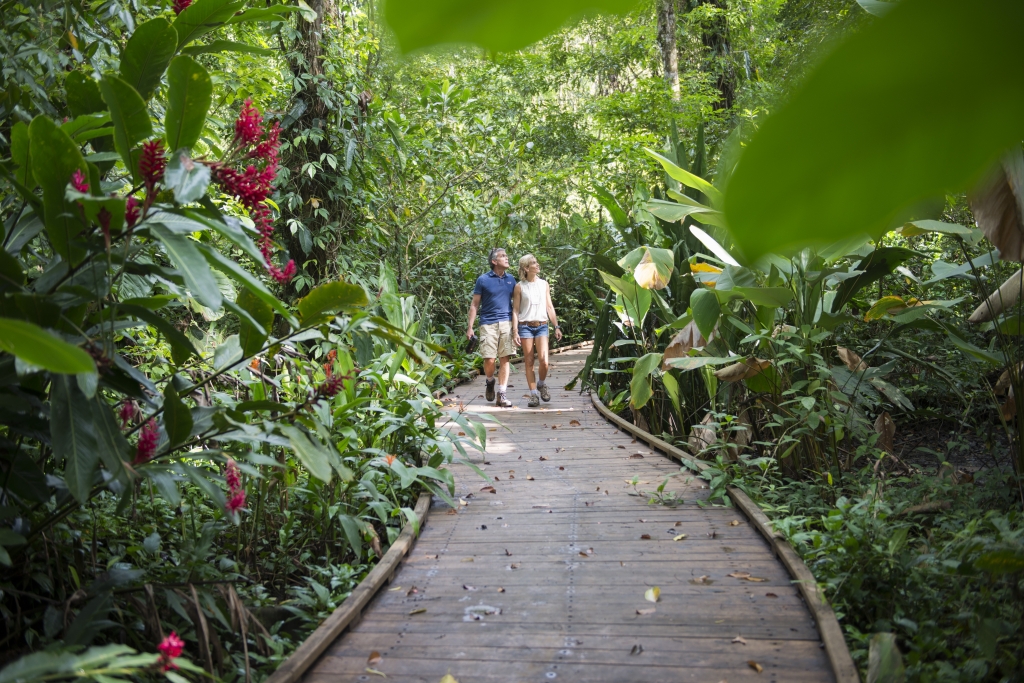
We know the swaying palms, abundant wildlife, vibrant sunsets, and friendly locals might make you want to put a downpayment on the first ocean view house you see. But take a second to pause, grab your humility, and process the hard data. Look for evidence that contradicts what you believe. It’s hard work, but it will ensure your Costa Rica real estate investment is one that you cherish—not regret.
Your dream property might very well be in Costa Rica. We sure hope it is! But an educated buyer is a happy owner—and that’s where we are here to help.
Now, let’s dive into the 15 Questions You Absolutely Must Ask Before Buying Real Estate In Costa Rica
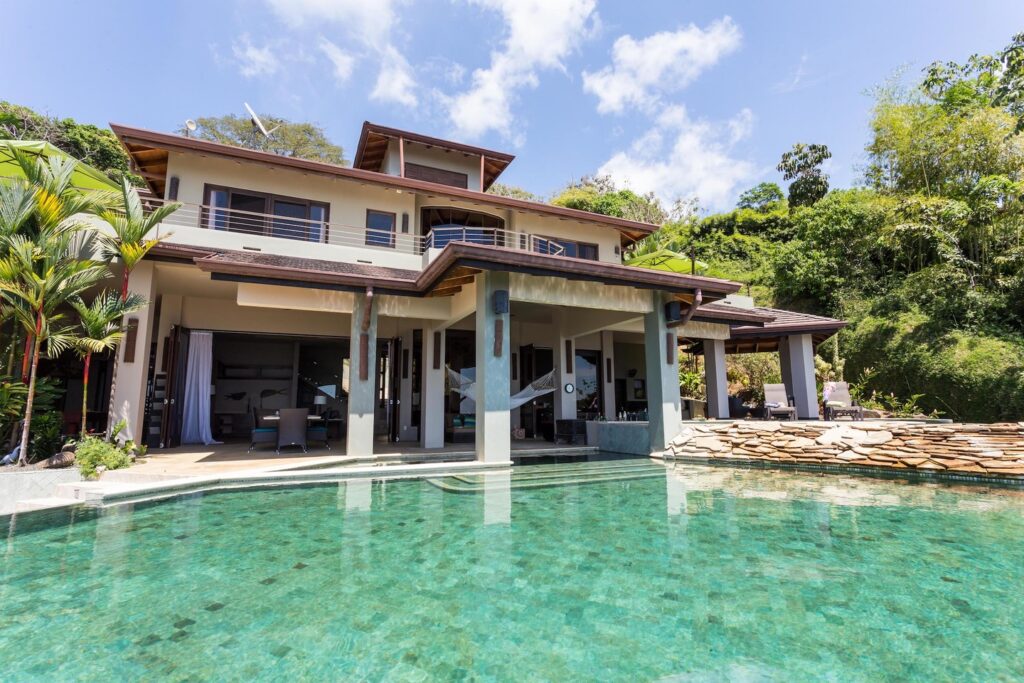
Buy What You See
We have a saying: “You get what you inspect, not what you expect.” Promises are easy to make, but difficult to deliver. Here are your first five questions to ask when considering buying real estate in Costa Rica:
1. Is there year-round access to the property, and how is proximity to services?
Not all roads are accessible year-round in the southern Pacific of Costa Rica. Streams that barely flow during summer can turn into raging torrents during our green season. Know the road conditions all year long.
Proximity to services is also very important. The key factor is the “time” to reach the destination, not the “miles.” 10 miles on a rough dirt road when it’s raining can easily take an hour or more.
2. What road and public infrastructure exists?
Do not take for granted paved roads, water systems or state-of-the-art telecommunications. If these are not in place when you buy your property, they might never be. Rarely, if ever, does the government or utility company provide these services to a developer. The developer must build these systems and donate to the government.
If the sales agent says “It’s coming,” verify that the developer has the funds to meet his promises. Ask to see a copy of his most recent bank statement showing the millions of dollars it will take to build the infrastructure.
Bottom line: Buy what you see! Be sure that the price you pay is indicative of existing reality.
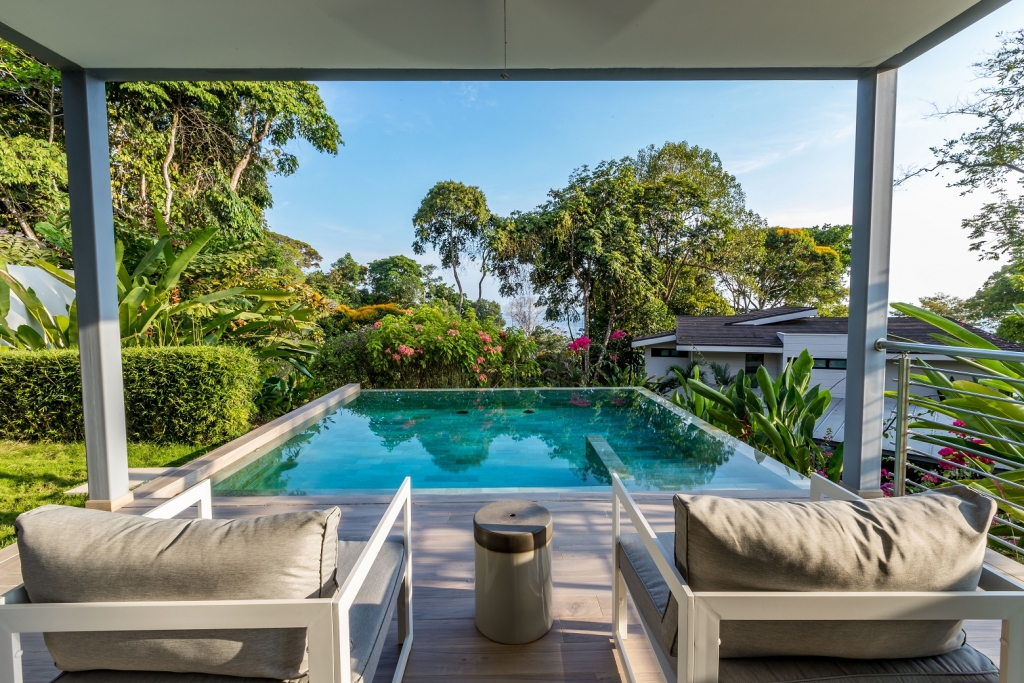
3. Is there enough fresh water and water pressure?
Sometimes it’s the smallest of things that adds greatly to the quality of life. Water pressure is one of them—and it must be planned for and paid for. Either the developer has done this, or the lot owner will bear this cost with the addition of storage tanks and pressurizing systems.
If you are considering an existing home or condominium, turn on all the faucets, the showers, and then flush the toilets. Is there sufficient pressure? Humans can live without electricity and the internet, but they cannot survive without water.
4. Is the house or condominium plumbed with hot water?
This is not a silly question. Look under the sinks to see if there is hot and cold service. In many cases, a splitter is used from the cold service to provide water to both faucets. The cost to retrofit a concrete home for hot water to the bathrooms can be high. If you are considering a built home, be sure to triple check the plans for a hot and cold service to all bathrooms and fixtures. Architects and builders may design “local.” Unless you catch this upfront, change orders become prohibitively expensive.
Can you flush toilet paper? This is a very important question to ask. Many homes are built with insufficient septic systems or pipes with small diameters and all toilet paper must be placed in a waste basket. Tearing out plumbing from the foundation is not something you will want to do after purchasing your new home, so make sure this is something that won’t bother you.
5. How far is it to major medical care?
As we mentioned above, double check the distance during both Dry and Green season. Major Costa Rican cities have state-of-the-art hospitals. In many cases, these facilities can eclipse regional US hospitals with newer, more modern equipment approved for use by Europeans, but not yet passed by the FDA. That said, be sure to visit the medical facilities as part of your due diligence process.
Key Tip: It’s not how many miles to a major medical facility, but how many minutes by car—in both the wet and dry seasons—that really counts.
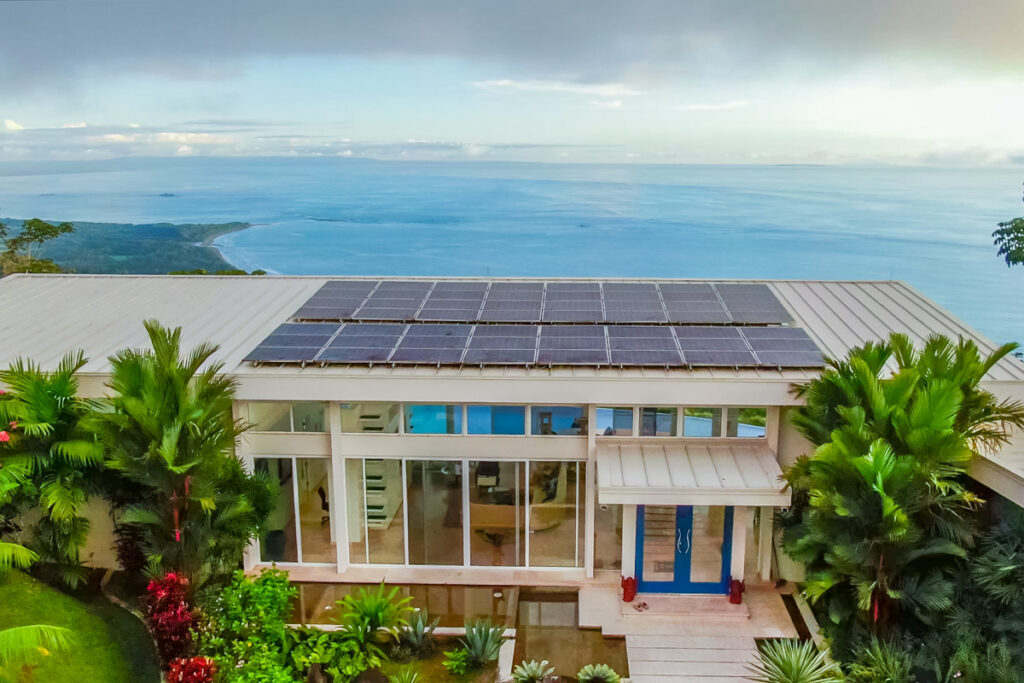
Consider Community
Community is a tough word to define, but the subjective experience is real. We know it when we sense it, don’t we? In fact, this soft fuzzy feeling is quantifiable by the free market. Developments that achieve this sense of friendliness and warmth sell at higher prices initially and retain much higher resale values over time. The velocity of sales, even in down periods, outpace projects that lack this very important sense of community.
Owning community is important, but also knowing who will be around, or more importantly, will anyone be around. A build requirement on the part of the developer is a key piece of the community puzzle. Without someone to mandate home construction, most projects in Costa Rica will likely become ghost towns and a collection of sold, empty lots just waiting for buyers to start building their homes. Most won’t. They bought the lot as an investment to flip in a few years. A community is something else entirely.
One of the beautiful things about real estate in the southern Pacific of Costa Rica is you can purchase a gorgeous home with plenty of space and no neighbors in sight—yet still have a warm, welcoming community around you. Now, here are a few more questions to ask to help you purchase the right Costa Rica real estate with the right amenities and offerings:
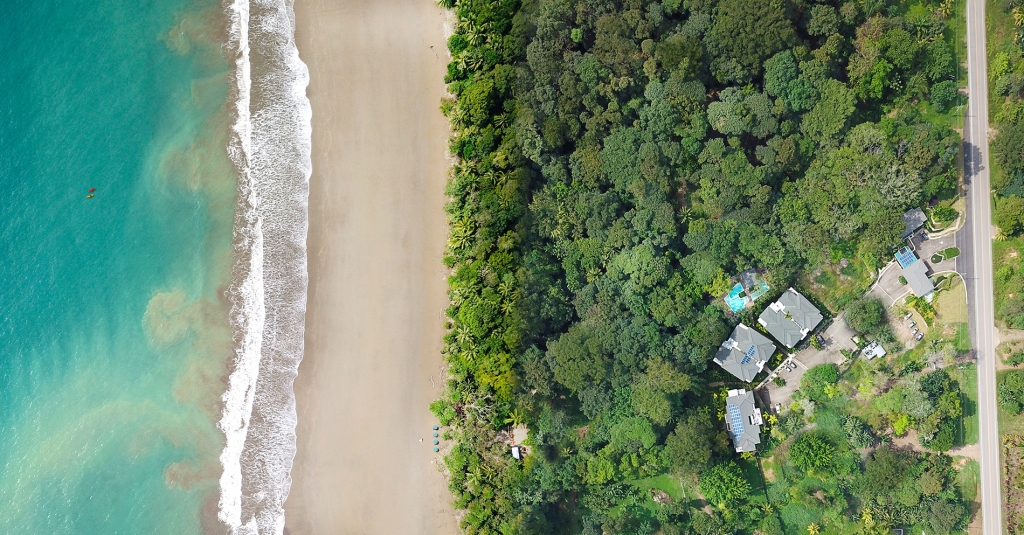
6. Are there building requirements of any kind? What kind of construction and design standards are in place and enforceable?
Zoning is almost nonexistent in Latin America. Unless the developer has written and implemented CC&Rs (Covenant, Conditions & Restrictions), your neighbor can do whatever they want. Empty lots on the beach are great for a picnic, but don’t create much of a living environment. Community means homes around you. If you want to have neighbors around, be sure that there is a requirement that property owners build a home in order to avoid living in a “ghost town”. Read the CC&Rs and make sure you agree with what is allowed and what is not. Know what deed restrictions are in place or you may be unpleasantly surprised by a neighbor whose tastes are radically different than your own.
7. Are there amenities for use by owners and visitors?
Remember, “buy what you see” should be the basis for 90% of your due diligence evaluation. Is there a golf course, restaurant, bar, tennis court, fitness center, dock, dive shop nearby? Are they in place and serving clients? Or are they just promised? Promises can be alright, but your due diligence should include the verification of real money needed to complete the promised infrastructure, amenities, and services. Without the money, you are buying a developer’s dream.
8. Are there state-of-the-art telecommunications or fiber optics for fast and reliable worldwide communications?
In a time where we take internet and phone service for granted, community is being more and more defined on the web. This vital component must be in place, and in place well. Understand the reality of the telecommunications infrastructure. How is the phone service provided? Can you get the bandwidth of internet you need? Is the service flexible and expandable to grow with future needs?
9. What about the Homeowner’s Association? Are the fees high enough to cover maintenance of existing and planned infrastructure?
You should worry about low fees because they are usually a sales tool to show how cheap the cost of ownership is. Let’s be honest—nobody likes to pay monthly fees. However, please realize that fees set too low equate to unexpected surprise assessments in the future and/or a drastic rise in HOA fees when the developer is gone, and the true costs of maintenance are carried by property owners. Look for honest, realistic dues and be sure to pencil out the quick math to be sure it adds up. Always ask for a breakdown of the dues and check what they cover.
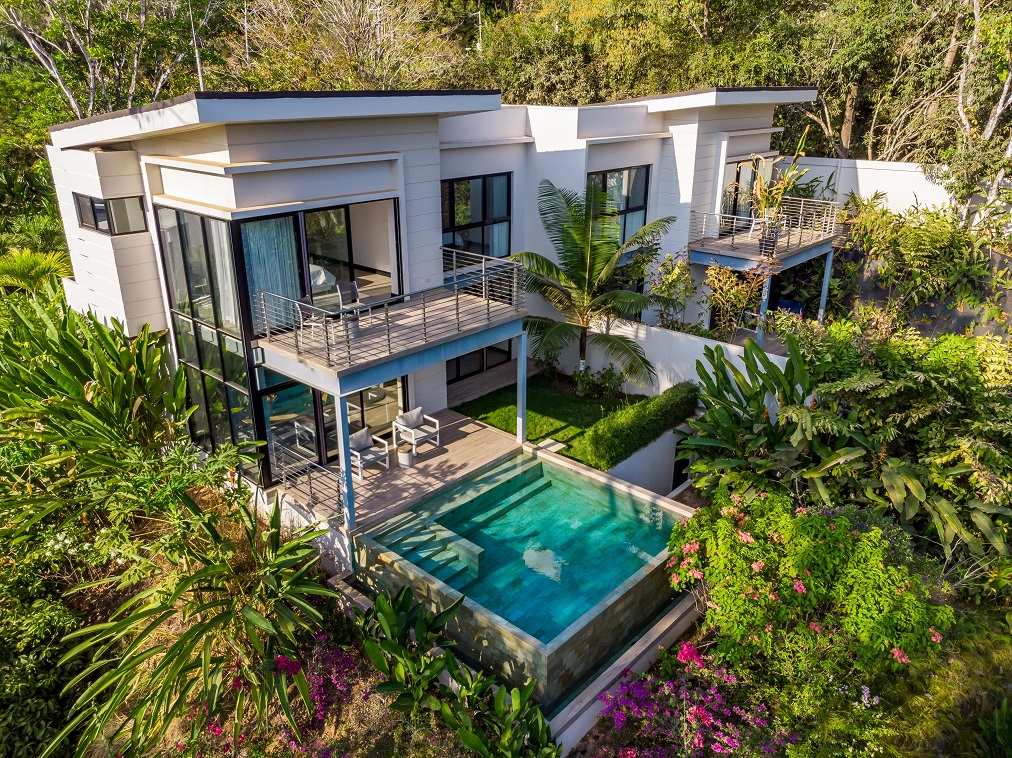
10. What about green belts, common areas, and the future of the development whether natural or constructed?
True community requires third spaces and places for people to meet and enjoy each other’s company. Club houses, parks, sidewalks, and maintained open spaces are critical to foster a spirit of enjoyment for residents. If public spaces are important to you, be sure they exist and are protected in the master plan. Remember, too, that there must be sufficient resources for the care and maintenance of these areas. Be sure that the developer’s long-term plans align with your goals and desires as a homeowner in that project.
Know The Developer Or Sales Agent
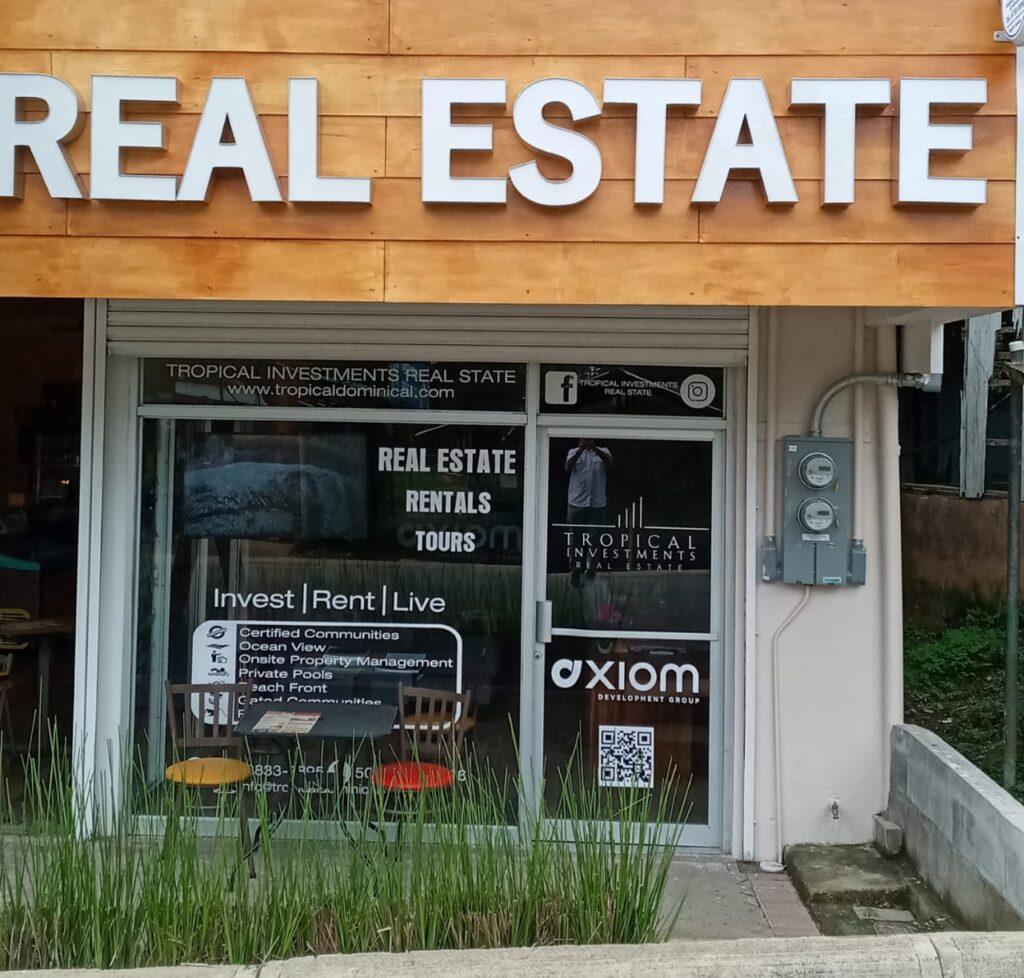
Not many of us meet a person in a bar and get married the next day. When it does happen, it might fall under the category of “Margarita Madness,” a malady that sadly also affects many travelers to Costa Rica.
When you decide that you want to own a piece of property outside of North America, you should consider it like a marriage. Generally, we meet different people throughout our lives and experience several relationships. If we are lucky, we find “the one”, that special person, who is the perfect fit, so we court them for weeks, months, or even years, and then after we know them pretty well, we get engaged and eventually get married. Tying the knot is a great way to look at owning foreign real estate.
Just as there are few or no zoning laws in Costa Rica, there are also no bonding agencies or fair reporting commissions to protect you from outright lies or even just good intentions gone awry.
The following questions on buying real estate in Costa Rica are all about knowing who the developer is, why they exist, how they plan to get from point A to point B, and how your philosophies and values align with theirs. They also apply to real estate agents. Do they have a proven track record and your best interests in mind?
It’s said that we buy emotionally, we justify logically. These questions will ensure you “justify logically” before taking the leap into Costa Rica real estate.
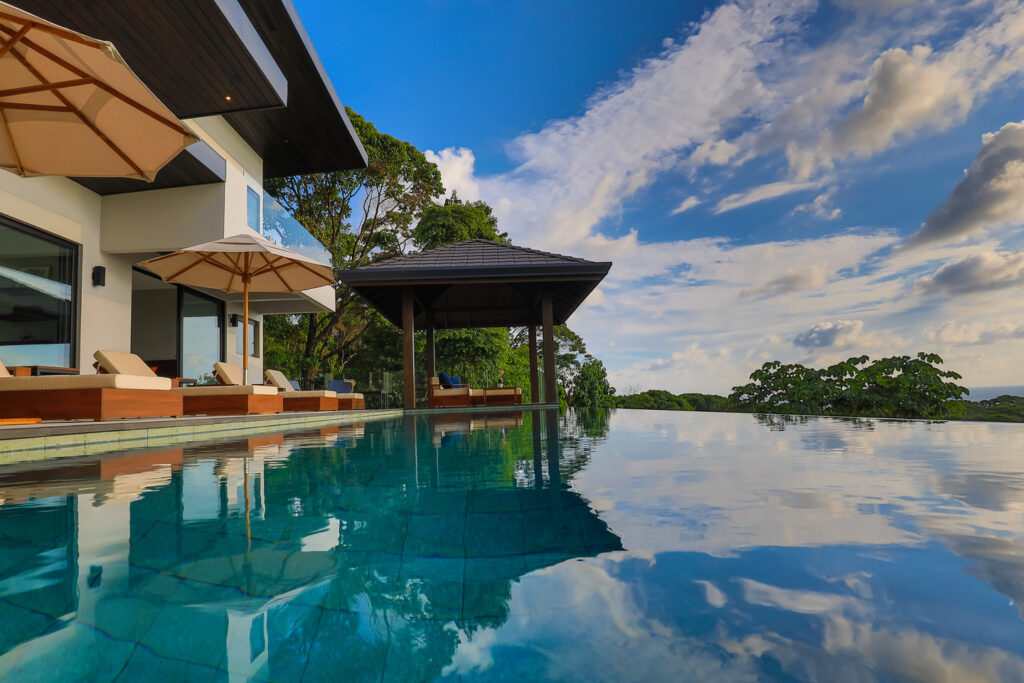
11. How will you build your home if you’re thousands of miles away? Who can oversee the construction of the home, and what is included?
Look for projects that show homes as examples of what you will actually receive. What are the written specifications? What do the Architectural CC&R’s dictate? Are you in agreement with them? Have they planned property for 220 volts of electric, water heaters and air-conditioners? Are there hot water lines to all the sinks and showers? Are lights, fans, faucets and fixtures included in the price? Are appliances and AC units included? Is there a dryer vent or a water line to the fridge? How about the telephone and cable TV wires? Are they included in the price? Really! What are the engineering guidelines? Who is going to validate these specifications as the home is constructed?
Remember, “You get what you inspect, not what you expect.”
12. Is the Development Company financially solid and do they have a record of success? Is financing available for Property Ownership?
You are the buyer and you have every right to ask to see financials, especially if a developer has promised something like future amenities.
Quality Developers will have a certification with the Ministry of the Economy. This certification is called MEIC. If the developer has this certification they have legally binding agreements with the government to complete the phases of the development in certain timeframes. The developer achieves this with a proven track record and confirmed financials. You can feel safer with this MEIC certification in place.
Also inquire to see about financing availability for buyers.
Remember, you are going to send them your hard-earned money. There are no other bonding agencies holding their feet to the fire to complete anything they promise. You are counting on the people and company involved to make good now and for the next 20 years.
13. Is there a central sewer system?
This may seem like an odd question to put under the heading of “Know the Developer,” but here’s the logic: When a developer doesn’t plan a central sewer system, what they are in fact doing is pushing the cost of the waste disposal off to the property buyer. Depending on soil type, this may or may not be a big issue. But either way, property owners will be responsible for paying for and installing septic systems.
If septic is the provided solution, request to see a copy of a “perk test.” Many soils of Latin America are heavy clay. Lot owners may be forced to install expensive systems to meet environmental codes. Worse, without proper zoning and environmental inspections, many property buyers may not install what is hygienically required, leading to a nasty situation, especially in rainy season.
14. What about safety and security access?
24/7 security should be provided at any public entrance, with cooperating backup from local and national police. Generally, the municipalities will not have the funding or staff to provide the kind of security North Americans are used to. Prevention and deterrence are the key here, and a strong visible presence prevents the kind of petty theft that can happen in the region. Be sure it exists and works. Were you let through the gate without question? Hmmmm. Who else can get through? Having a tough time getting through the gate yourself means others will face it as well.
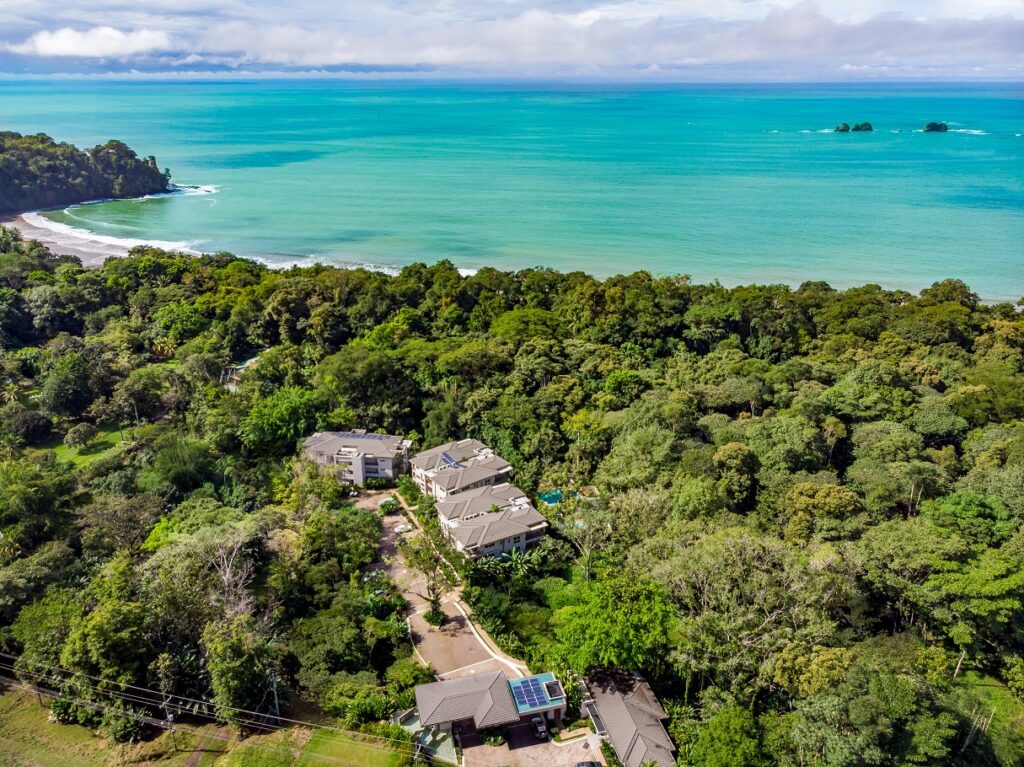
15. What kind of title guarantee can be provided?
If you can’t get title insurance, you should seriously reconsider the purchase. There are no legitimate reasons you should not be able to get this protection from a major company like INS national insurance company. This is a black and white issue. Either the seller has title and you can get a policy, or you should walk away. There will always be a story. Believe it at your own peril.
With these 15 questions in tow, you’ll be well equipped to purchase your dream property in Costa Rica. We know it’s a lot to digest, but we’ve seen far too many people purchase real estate in Costa Rica off intuition alone—only to seriously regret their decision not long afterwards.
We’re proud to call the southern Pacific of Costa Rica home, and we want you to be, too. We know we’ve covered a lot in this article, but there’s even more that can help you on your journey to purchasing real estate in Costa Rica.
Download our FREE Buyer’s Guide and get access to over 50 pages of information on purchasing real estate in Costa Rica.
You don’t do this every day. Our Costa Rica real estate agents do. And it would be our honor to help you find your perfect property in Costa Rica.
Have any questions about buying real estate in Costa Rica, or the above 15 points? Drop a comment below and we’ll get back to you right away!
